FEATURE: Kelly Dues is Creating a Safe Space for LGBTQ+ Runners and Triathletes with Spectrum Performance
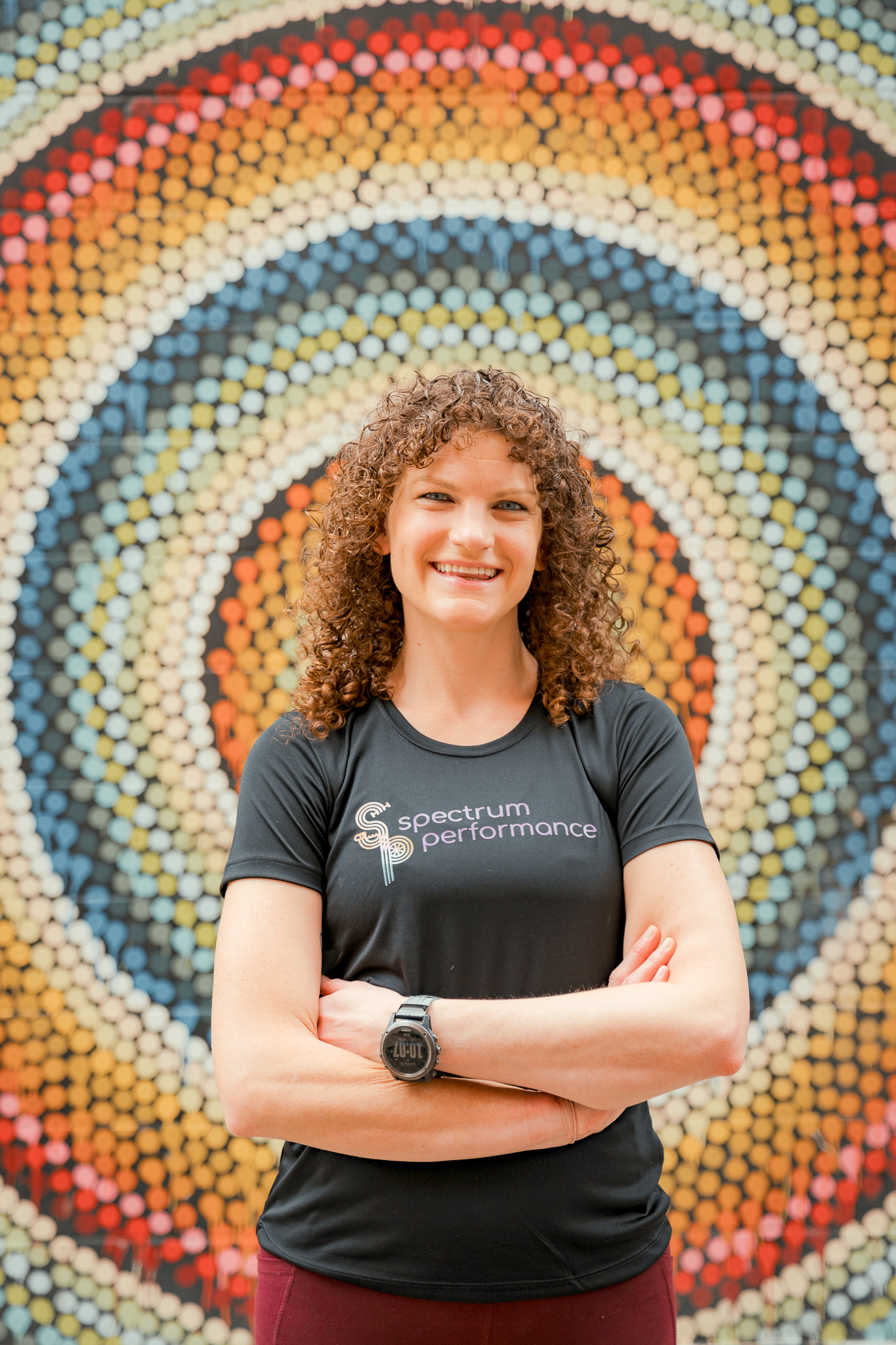 |
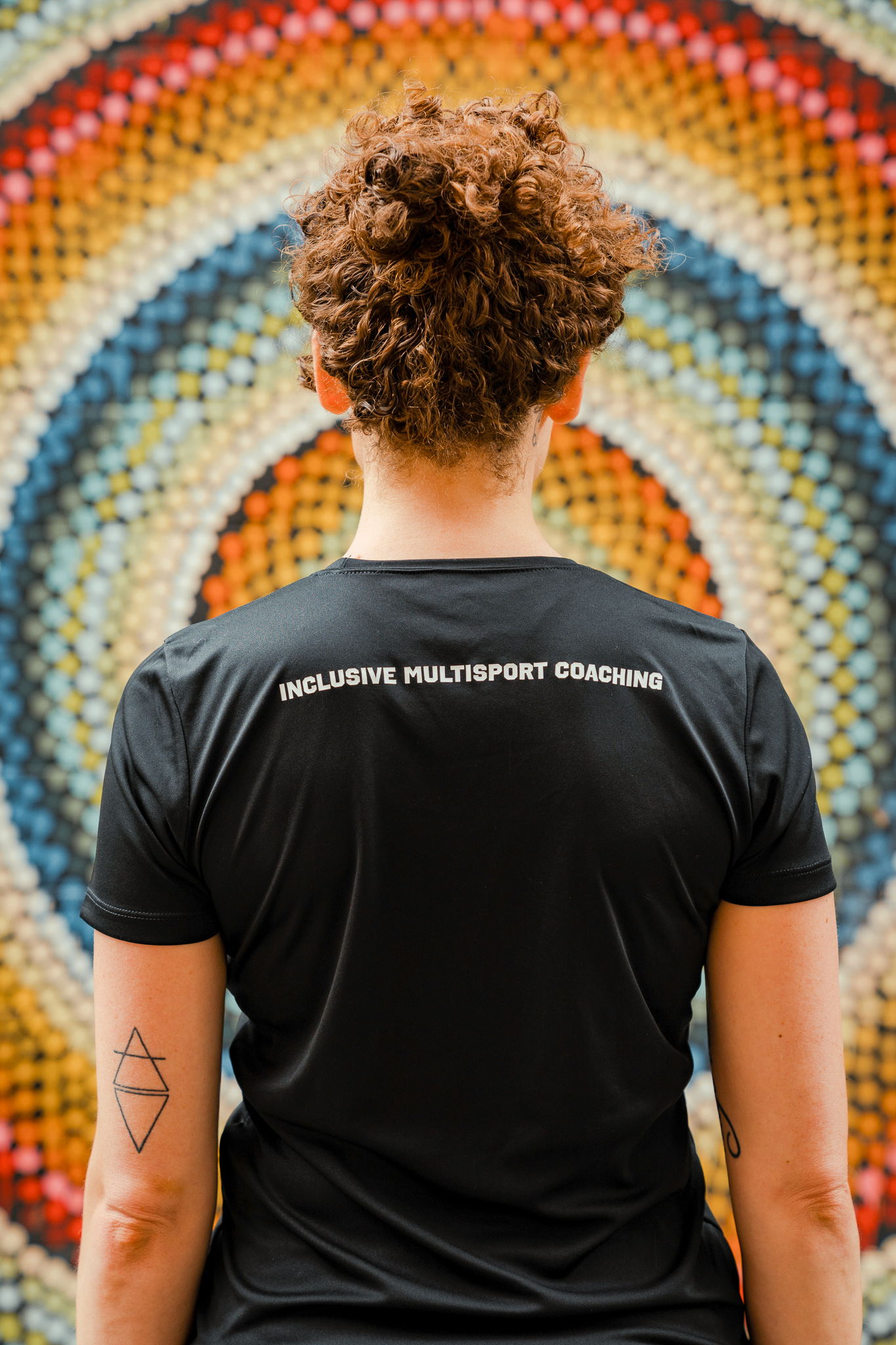 |
Happy Pride Month!
If you search the phrase “queer female runners” in Google Images, the results are dominated by soccer and basketball players. In a sport with little LGBTQ+ representation, Kelly Dues is creating a safe space for people who don't often feel safe or welcome in the sport of running and triathlon with Spectrum Performance, her multi-sport training company.
We’re celebrating Pride with HOKA ONE ONE by letting Kelly, a Chicago Endurance Sports coach and member of our community lead our Pride campaign to tell authentic Pride stories, and better understand what the movement means to them.
Read her story below. Kelly wears the new HOKA Clifton 8.
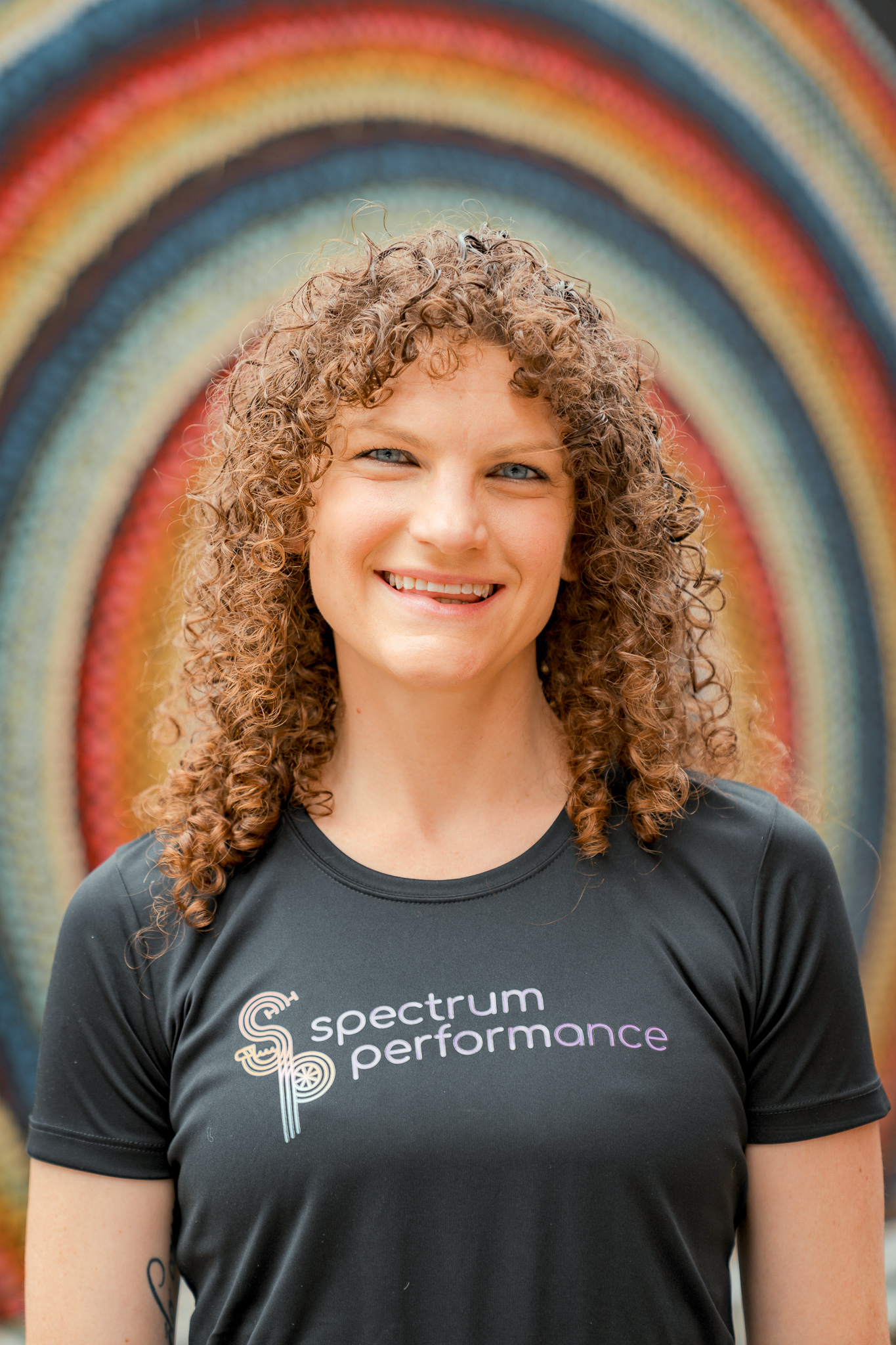
How do you identify?
I identify as a queer woman.
What are some of the frustrations you have faced being a queer woman in the sport of running specifically?
Representation. I feel like, as someone who did come out later in life, really good queer exposure wasn't something I was really exposed to when I was younger, especially in sports. Running was something that helped me feel strong because you know, coming out was hard. Having role models and representation in the sport of running would have been really nice, and, queer representation still doesn't exist now really. We see other sports have "out" athletes, especially soccer, but within running, there aren't really marathoners or ultra-athletes or triathletes that are openly gay and competing in the sport.
And, feeling welcome. Sometimes you don't know if an area is safe and I think that's a big struggle for anybody who's on the spectrum.
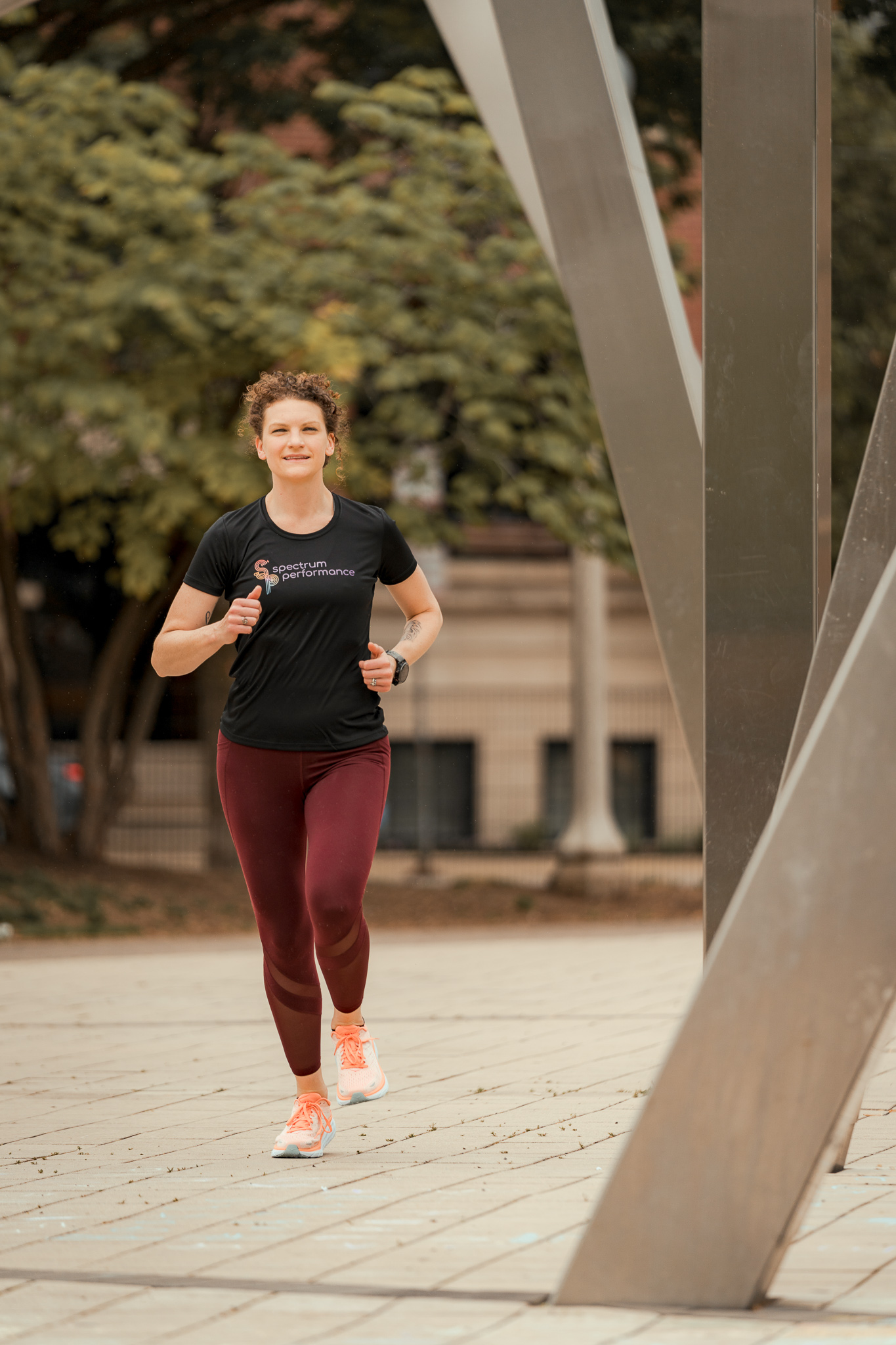
How can someone help queer runners, and trans runners specifically, feel more welcome in their sport?
I think having more, trans, lesbian, bisexual, and queer people in more leadership roles goes a long way. It’s nice that at Chicago Endurance Sports we have openly gay coaches. I feel like that's helpful because I have definitely been approached by friends who feel more welcome and can share their stories with me because they know that I'll go for a run with the group and I'll say phrases like “my wife” and make those references, and, so they know this is a safe space and can feel comfortable.
And, I think just openly talking about sexual identities. It doesn't have to be political. Using inclusive pronouns, asking somebody how they prefer to be addressed, and just really being open to those kinds of conversations. I think inclusive language goes a long way.
How has running helped you feel more confident in life?
I was closeted when I was younger. I didn't know I was gay. I was super timid and shy. I was bullied and running really helped me find a confidence I didn't have myself. I was so withdrawn because I just didn't feel like I belonged anywhere. I liked girls, but I didn't know what that meant. And nobody around me was queer and didn’t know what to do with those feelings. I just thought something was wrong with me pretty much. Running was a place I could escape and escape all of those thoughts and just finally feel like myself.
What is Spectrum Performance?
Spectrum Performance is a multi-sport training group and company, in which I offer services for general fitness, triathlon, and running. I specifically market those services in a way that creates a safe space for people who don't often feel safe or welcome in their sport. And, that goes for racial identity, sexual identity, or gender identity. Maybe they have depression and anxiety, or just don't feel comfortable, or, they have body dysmorphia. Coaches do this subtly but I wanted to do a little less subtly and really say “Hey, I am here for you. I see you and I want you to feel like you can have confidence in this sport.”
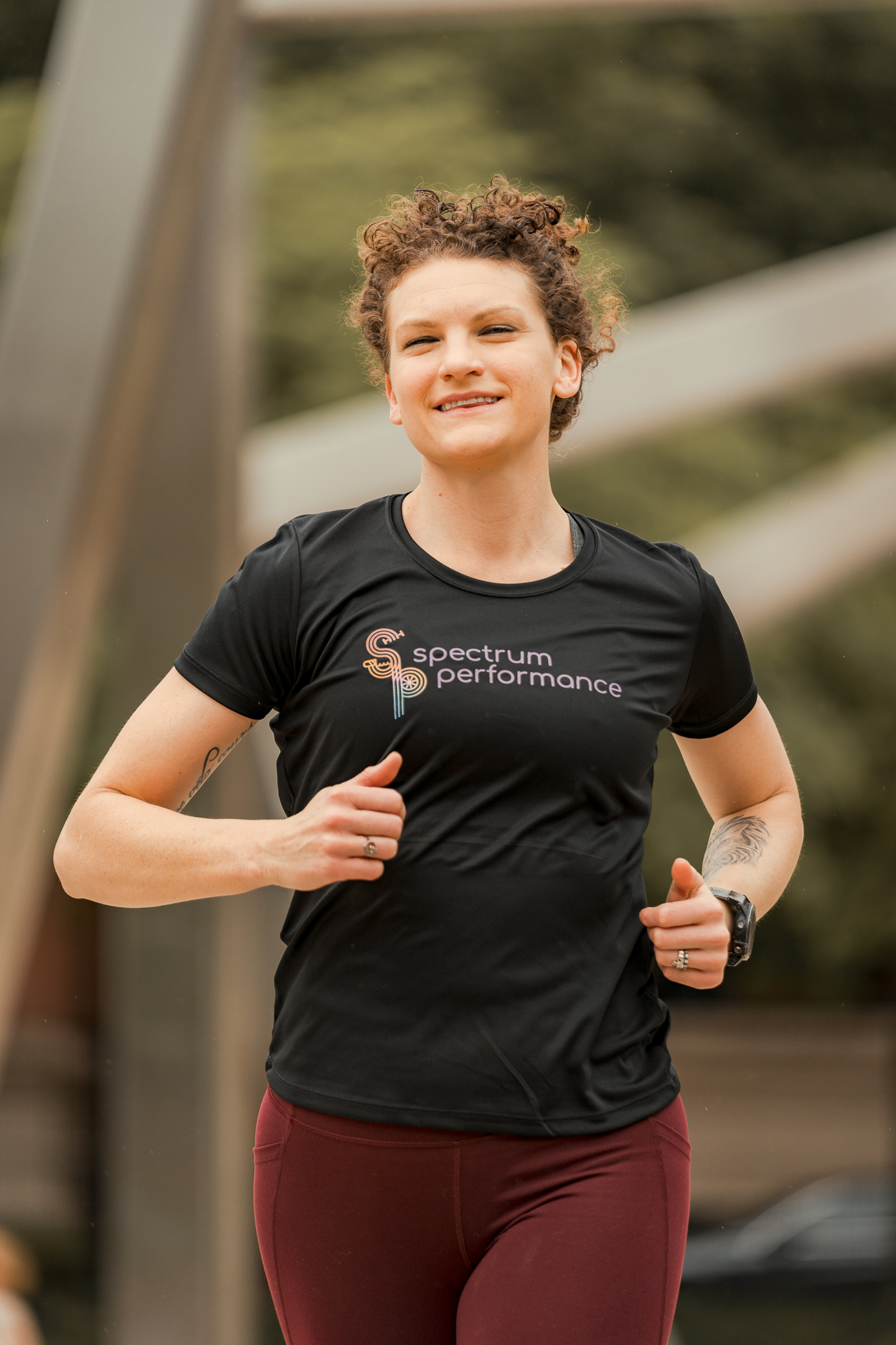
What is the end goal of Spectrum Performance?
To really diversify sports in general, and specifically, running and triathlon. For example, one of my athletes currently is trans and wants to compete in the Nationals for triathlon. And, as far as I've known, no one has gone to Worlds that have been trans, and being an athlete and being trans in these sports is incredibly difficult because there's the whole age group debate and there's so much negativity surrounding that, especially when we have male to female athletes transitioning in sports. Really being an advocate and helping my athletes not only become more confident in their athletic abilities but just like who they are. This athlete competing in the nationals has to listen to his deadname and hide at these competitions and I don't want to see that happen anymore.
Why did you start Spectrum Performance?
As someone who is queer and who has definitely had my wife had to pretend she's not my wife at competitions and seeing how White, and, often cisgender, sports are, I wanted to create that safe place. I feel like too many people shy away from sports feeling they can only work out with similar queer people, similar Black people, similar Asian people, you know, and feel like they have to stay within their group and that's who they feel comfortable with. I want everyone to feel like they can do anything and they're not going to show up to something and not have to worry about that.
How can someone be an ally to the LGBTQ+ community?
I think it really comes down to having those difficult conversations with people. People feel like it's so awkward to talk about. They don't know what to do or say and they don't want to mess something up. Everyone's just a human being. Letting people share that humanity is how you relate to people.
What do Pride Month and the Pride Movement mean to you?
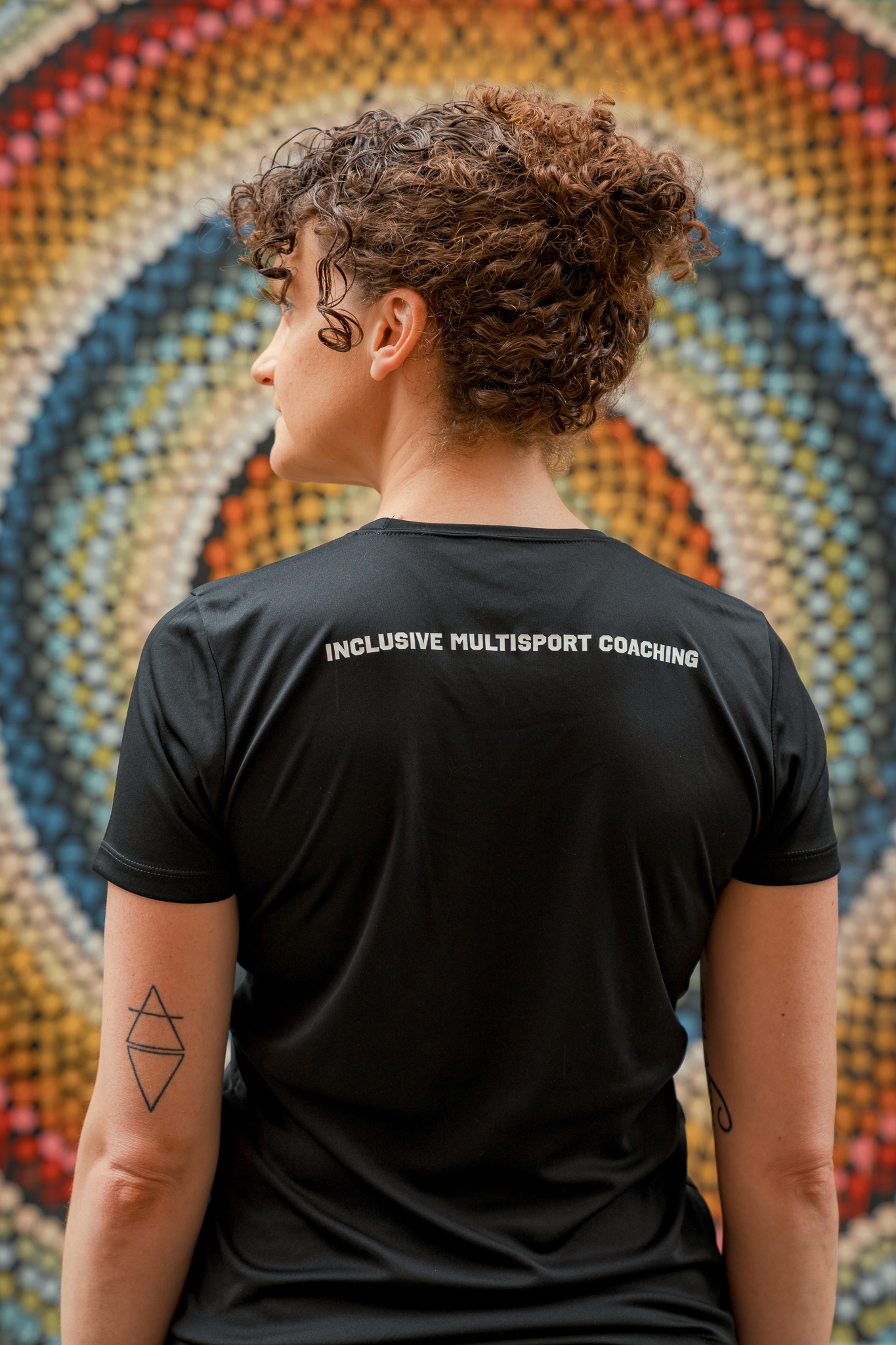
Connect With Us
See the latest from Fleet Feet Chicago